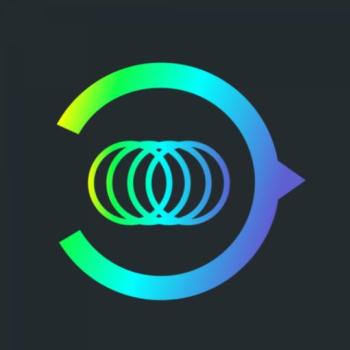Python
Python is a high-level, interpreted programming language that was first released in 1991. It has become one of the most popular programming languages in the world, thanks in part to its simplicity, versatility, and ease of use. One of the primary advantages of Python is its simplicity. Because it has a clear and straightforward syntax, Python code is easy to read and write, even for beginners. This makes it an ideal choice for anyone who is just starting out with programming or who wants to learn to code quickly and easily.
Another advantage of Python is its versatility. Python can be used for a wide variety of tasks, including web development, data analysis, machine learning, and scientific computing. Its versatility makes it an attractive choice for both individuals and businesses, as it can be used for everything from small personal projects to large enterprise-level applications.
Python is also known for its large and active community. Because it is an open-source language, anyone can contribute to the development of Python, resulting in a large and supportive community of developers who are constantly working to improve the language and build new tools and libraries. This makes it easy for developers to find help and support when they need it, and to stay up-to-date with the latest trends and best practices in the industry.
One of the primary uses of Python is in data analysis and scientific computing. Because it includes a number of powerful libraries and tools for working with data, Python is an ideal choice for anyone who needs to process and analyze large amounts of data. Its ease of use and versatility also make it an attractive choice for researchers and scientists who need to write and run complex simulations and experiments.
Python is also a popular choice for web development. Because it includes a number of powerful web frameworks, such as Django and Flask, Python can be used to build everything from small, simple web applications to large, complex websites and web applications. Additionally, because it has a clear and easy-to-understand syntax, Python code is easy to read and maintain, which can help reduce development time and costs.
Python is also commonly used in machine learning and artificial intelligence applications. Because it includes a number of powerful libraries and tools for working with machine learning algorithms and models, Python is an ideal choice for anyone who needs to develop and deploy machine learning and AI applications. Its versatility also makes it an attractive choice for researchers and developers who need to experiment with different algorithms and techniques.
However, like any programming language, Python also has its disadvantages. One of the main criticisms of Python is its speed. Because it is an interpreted language, Python code can be slower and less efficient than code written in compiled languages, such as C or Java. Additionally, because it is dynamically typed, Python code can be more prone to errors and bugs than code written in statically-typed languages.
Another disadvantage of Python is its lack of true multi-threading support. Although Python includes a number of libraries and tools for working with threads, it does not include true multi-threading support, which can make it more difficult to write efficient, high-performance code for certain applications.
Despite these disadvantages, Python remains a popular choice for developers worldwide. Its simplicity, versatility, and ease of use make it an ideal choice for anyone who needs to write code quickly and easily, and its powerful libraries and tools make it an attractive choice for anyone who needs to work with data, develop web applications, or build machine learning and AI applications.
In terms of what Python is best for, its primary use case is in data analysis and scientific computing. Because it includes a number of powerful libraries and tools for working with data, Python is an ideal choice for anyone who needs to process and analyze large amounts of data. Its ease of use and versatility also make it an attractive choice for researchers and scientists who need to write and run complex simulations and experiments.
22/02/2023

Posted by: Ontorus Editorial
At Ontorus Editorial, the focus is on providing the most valuable knowledge. Efforts are made to offer high-quality and relevant information in every article. The goal is to ensure the best content so that everyone stays informed and updated on the topics of greatest interest.



